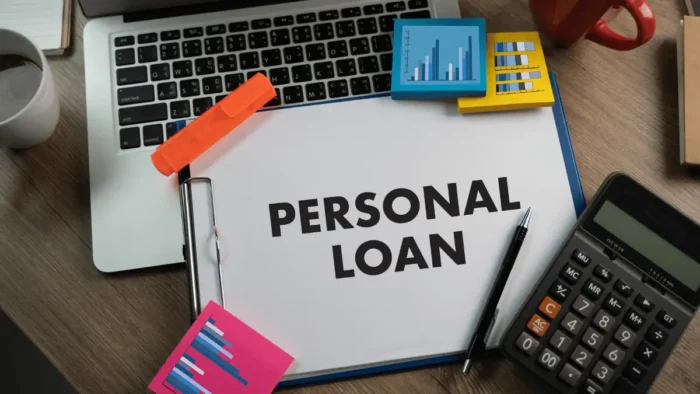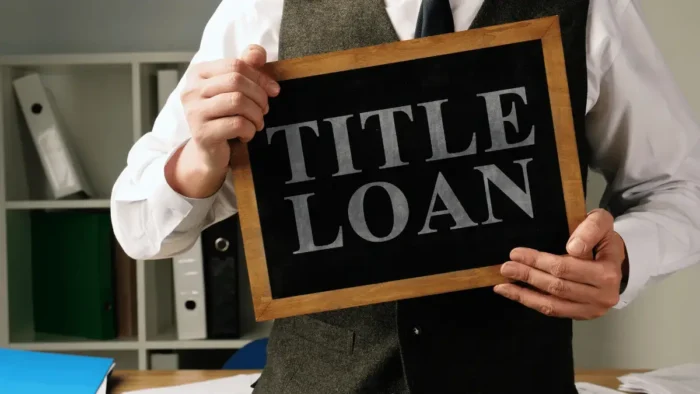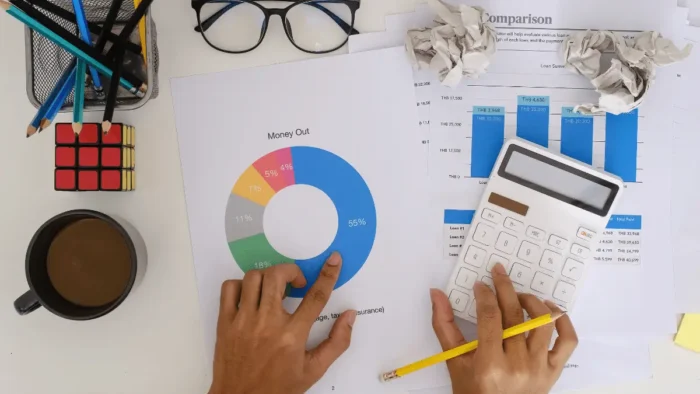Owning a business gives you the opportunity to work for yourself rather than someone else. It also means that your personal life will be entwined with your work life more so than if you had a traditional, 9-5 job.
Owning a business also means finding money to get started, rather than walking through the doors of an office and making money on day one. A lot of a business owner’s personal time and money gets poured into the business. Here’s how you can start saving to fund your small business dream.
Set a Budget
Not only will you need to set a budget for your business, but in your personal life as well. If you plan on opening a small business, leaving full-time employment to do so, you might not receive a paycheck again for a while. Take a long, hard look at where the money goes in your household and account for every penny that is spent.
Once you know where money is going, you know which areas to fix. Scaling back on frivolous expenditures and putting money away will help you stay out of debt to ensure you have enough money for the future when your paycheck stops coming. It can also help you get your business up and running if you opt not to use a loan.
Purge Your Items
We live in a very materialistic society and have many items in our houses that go unused. Start sorting through these and determining what things bring you joy, and what things take up the room. If you haven’t used something in the past six months or it brings you no feeling of joy when you hold it, put it in a box to be sold.
There are many ways you can sell your items. Having a traditional garage sale is one popular choice, while online sales sites like Craigslist and Facebook Marketplace are great to expand your reach. If your items don’t sell after a few attempts, write this exercise off as good housekeeping and donate them to a local thrift shop.
Kickstarter Campaigns
Kickstarter campaigns are a modern way of asking people to invest in your business without giving them shared ownership. Instead, they receive something of perceived value that relates to your business in return for their donation. The larger the donation, the larger the reward.
Not only does this give you the seed money you need to get started for your business, but it also gives you a chance to reach customers with your offerings immediately. The people who invested and received a taste of your business are more likely to share their experience with others or come back for more. Creating a successful Kickstarter campaign is something you can do in your personal time before the business gets running, without putting too much of your own money forward.
Smart Banking
Take a look at your personal banking accounts to ensure you’re getting the most out of them. Opt for a round-up account, which rounds your debit expenditures up to the next dollar increment and puts the excess in savings. Look at having automatic transfers that take place when your paycheck gets deposited, removing money to a savings account before you’re aware of its presence.
Credit cards often come with rewards programs. Choose one that gives you cash back on all your expenses. Be mindful though: if you have trouble with overspending, try to back away from your credit cards entirely before opening your business.
With smart spending and saving, we often have more money than we think. Live frugally and find ways to cut back on your expenses to put extra personal money toward starting and running a small business.





